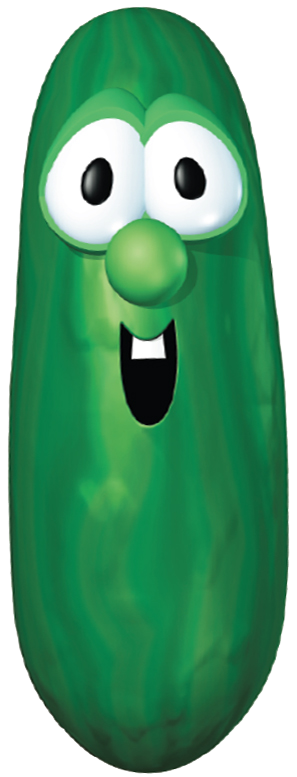211
Gaming / Re: Destiny 2 General
« on: October 17, 2017, 05:36:53 PM »
https://www.rollingstone.com/glixel/news/how-activision-uses-matchmaking-tricks-to-sell-in-game-items-w509288

Quote
Activision was granted a patent this month for a system it uses to convince people in multiplayer games to purchase items for a game through microtransactions.
RELATED
Why Microtransaction and Loot Boxes Are Destroying Games
Death by a thousand purchases
The "System and method for driving microtransactions in multiplayer video games" was filed in 2015, but granted on October 17th, according to the U.S. Patent and Trademark Office.
The patent details how multiplayer matches are configured, specifically how players are selected to play with one another. That process used by Activision involves a computer looking at a wide variety of factors including skill level, Internet latency, availability of friends and other things. It then goes through a system to first soft-reserve a slot in a game for a player and then assign the players to the same match.
This patent, though, specifically discusses how that system for pairing up players can also be used to entice a player to purchase in-game items.
"For example, in one implementation, the system may include a microtransaction engine that arranges matches to influence game-related purchases," according to the patent. "For instance, the microtransaction engine may match a more expert/marquee player with a junior player to encourage the junior player to make game-related purchases of items possessed/used by the marquee player. A junior player may wish to emulate the marquee player by obtaining weapons or other items used by the marquee player."
The patent goes on to note that the same information could be used to identify which sorts of in-game purchasable items should be promoted.
The system can also be much more specific in its analysis of potential customers in a game:
"In a particular example, the junior player may wish to become an expert sniper in a game (e.g., as determined from the player profile)," according to the patent. "The microtransaction engine may match the junior player with a player that is a highly skilled sniper in the game. In this manner, the junior player may be encouraged to make game-related purchases such as a rifle or other item used by the marquee player. "
The system can also drop players into matches that will make use of an in-game-related purchase, according to the patent.
"Doing so may enhance a level of enjoyment by the player for the game-related purchase, which may encourage future purchases," according to the patent. "For example, if the player purchased a particular weapon, the microtransaction engine may match the player in a gameplay session in which the particular weapon is highly effective, giving the player an impression that the particular weapon was a good purchase. This may encourage the player to make future purchases to achieve similar gameplay results."
The patent also makes it clear that while the examples used in the patent are all for a first-person-shooter game, the system could be used across a wide variety of titles.
We've reached out to Activision to ask which games the now-patented system is being used in and will update this story with the company's reply.
Activision recently courted a bit of controversy with in-game purchases and Destiny 2. The Bungie-developed, Activision-published game stirred some player anger after its release with the way the game's Shaders work. In the original game, a player could find or purchase for real money, a shader that could be used an unlimited amount of times on weapons and armor. In Destiny 2, the Shaders can still be purchased or found, but players feel they're too hard to find and now, once used on a single item they vanish.
In 2016, Activision Blizzard said it earned $3.6 billion from in-game sales, up from 2015's $1.6 billion.



